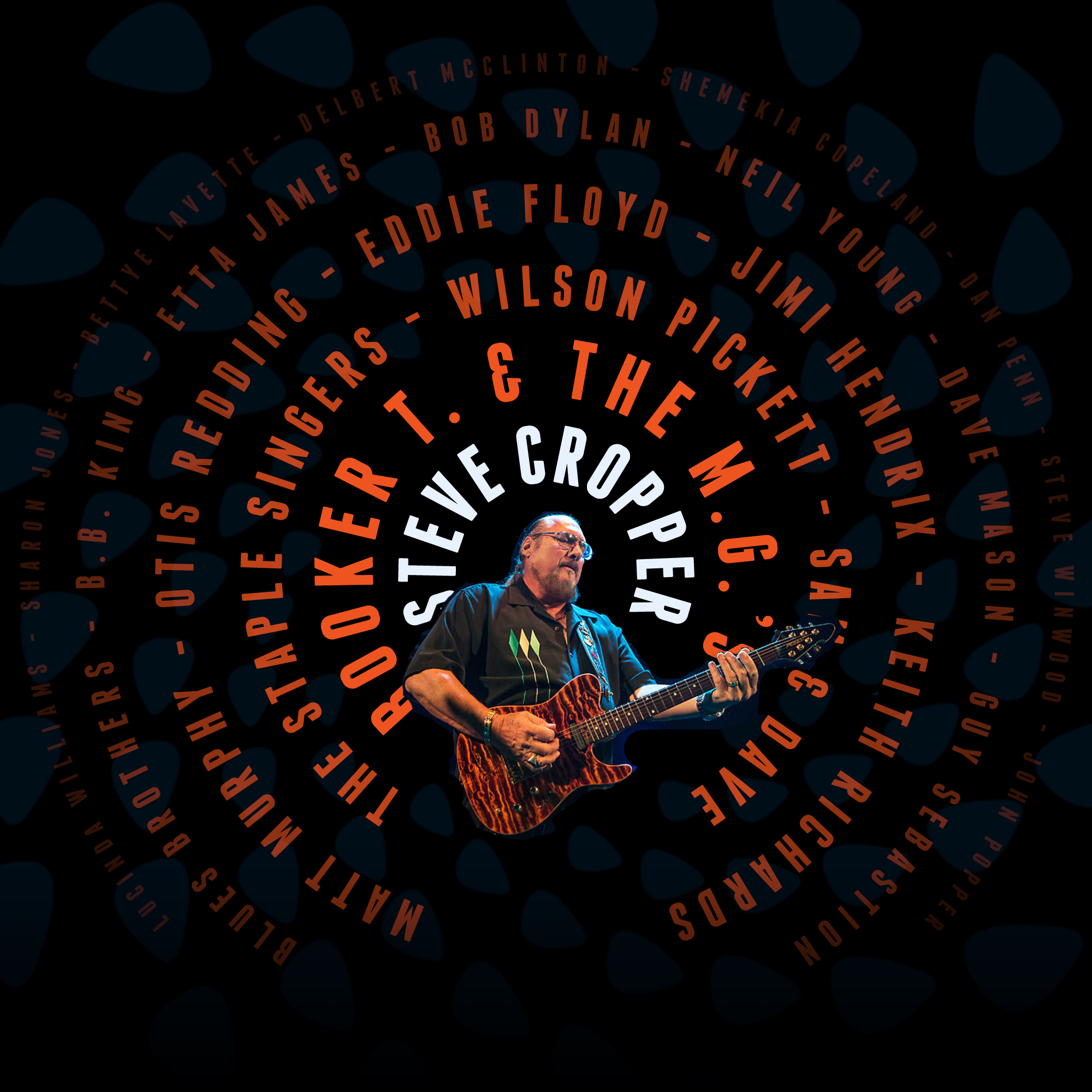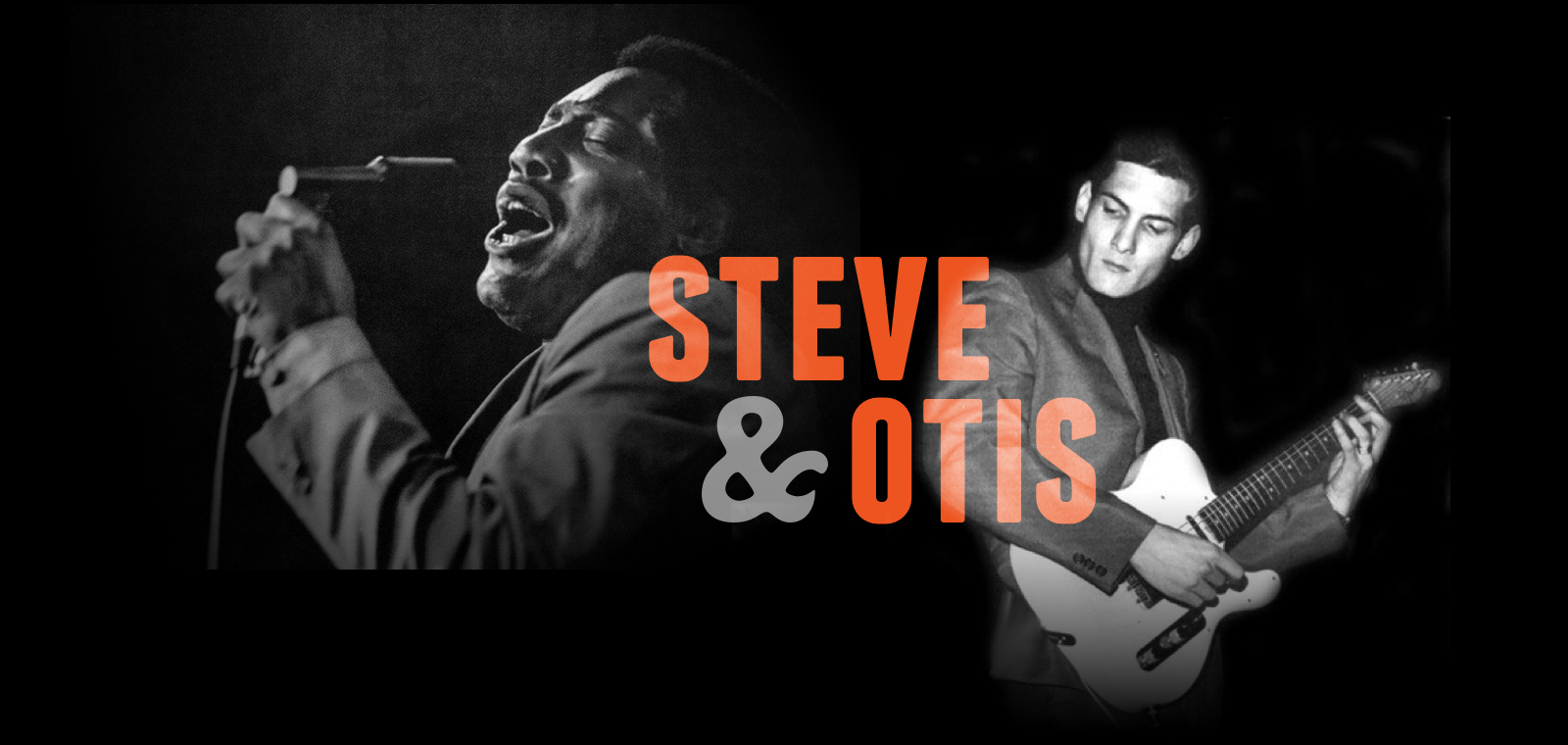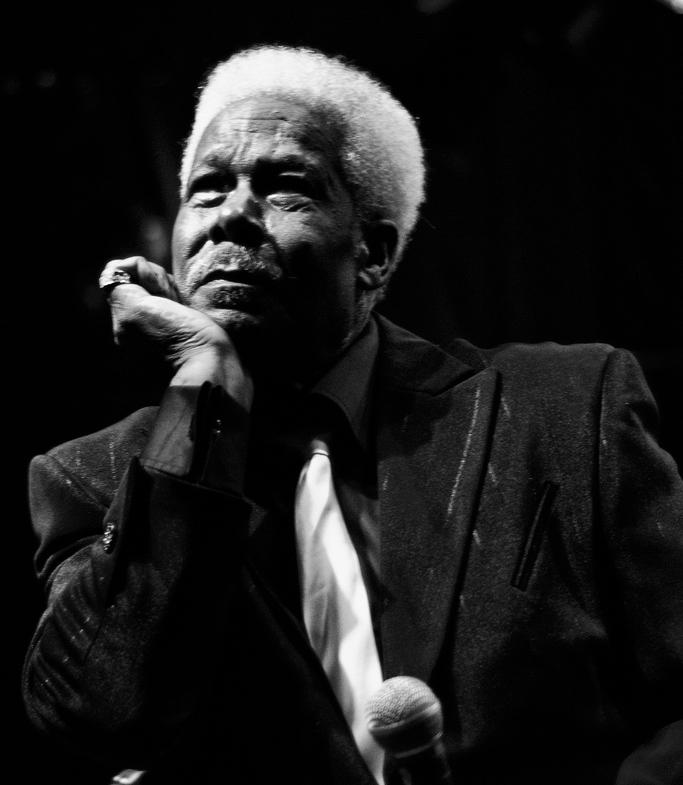
As the teenage guitarist of the band the Mar-Keys, he was instrumental in putting the young label on the map with the smash hit “Last Night.” Later, as a member of the legendary house band Booker T. and the MGs, he provided some of the most enduring soul riffs of all time, backing artists such as Sam & Dave, the Staple Singers, and Wilson Pickett, while also influencing fellow guitar greats like Jimi Hendrix and Keith Richards along the way. As a songwriter, he helped to pen some of the label’s most quintessential hits, from Eddie Floyd’s “Knock on Wood” to Otis Redding’s “(Sittin’ On) The Dock of the Bay.” From the fall of 1961 through the end of 1970, Steve Cropper was involved in virtually every record issued by Stax Records, a span of musical greatness that has rarely been matched. Most impressively? These accomplishments mark just the beginning chapter of one of music’s most illustrious careers.

Born in 1941, Steve Cropper grew up on a farm near Dora, Missouri, before relocating to Memphis at the age of nine. Inspired by guitarists such as Chet Atkins and Lowman Pauling of the Five Royals, he received his first guitar at the age of 14 via mail order and quickly immersed himself into the local music scene. Along with high school friends Charlie Freeman and Donald “Duck” Dunn, he started his first band the Royal Spades, who performed songs from artists like Bill Doggett and James Brown. One fateful day, the band met a young saxophonist named Packy Axton, who told the group about the recording studio his mother and uncle were building. “He took me out to a garage where Jim Stewart has some equipment,” Cropper recalled. “That was the extent of the studio, but at least it was a start, a place to be.” Unbeknownst to the young musicians, they were now on the ground floor of one of Memphis’ greatest musical revolutions.
After shuffling their line-up and changing their name to the Mar-Keys, the band became an early staple at the budding studio, then known as Satellite. With the success of their raucous 1961 instrumental hit “Last Night,” the band helped to usher in Memphis’ soul era, which would dominate the charts for the next decade-plus. “When we put that record out, it exploded like nothing had exploded before,” said Stax co-founder Estelle Axton. “They certified a million, it was a national hit, and I’ve never been as proud of a record in my life.” Impressed with the young guitarist’s skills and maturity, Jim Stewart began leaning on Cropper more and more to assist with the label’s day-to-day operations, eventually elevating him to the role of A&R man.

In the summer of 1962, Cropper was paired with the trio of Booker T. Jones, Al Jackson, and Lewie Steinberg for a recording session with rockabilly artist Billy Lee Riley. Although the four were familiar with each other, they had never played together as a quartet. Following the session, the foursome began to jam together, prompting Stewart to hit the record button. Impressed with the results, Stewart told the group that they needed a B-side to the song, which he hoped to release. “Booker goes down to the organ and starts playing,” explained Cropper “and Al Jackson and Lewie fell in on it. And I think two cuts later, we had what we know today to be ‘Green Onions.’” Before long, “Green Onions” was a certified hit and Stax Records had the prototype for its signature sound, as well as the group that could bring it into fruition.

After replacing bassist Lewie Steinberg with Cropper’s old friend Duck Dunn, the group, who was now going by Booker T. and the MGs, began backing virtually every Stax artist on the roster. They also continued to release celebrated sides of their own, establishing themselves as hit artists in their own right. Armed with his trusty Fender and an innate ability to develop some of the greatest song intros of all time, Steve Cropper became one of soul music’s greatest weapons, putting his indelible sonic stamp on songs like Wilson Pickett’s “In the Midnight Hour” and Sam & Dave’s “Soul Man.” “He’s very sound-conscious and he gets a lot of sounds out of a Telecaster without changing any settings – just by using his fingers, his picks, and his amps,” said bandmate Booker T. Jones.

While his contributions to songs from a range of artists were crucial in building Stax’s reputation as a Southern soul powerhouse, it was his collaboration with Otis Redding that is probably the most fabled. “Otis? Oh my God. Otis was unique. If you took a fruit jar and you put Sam Cooke in there with Little Richard, and shook it up, you’d come out with Otis Redding,” he told Reuters. Together, the two formed a special bond that transcended music. Together they co-wrote many of Redding’s biggest hits, including his signature tune “(Sittin’ On) The Dock of the Bay.” “We didn’t put stuff down when we were writing, we just put it in our head,” Cropper says. Tragically, Redding would pass away just weeks after the song’s recording, leaving Cropper to lay down the song’s final additions alone.

In 1969, after nearly a decade of being a team player, Cropper released his solo album “With a Little Help from My Friends,” a funky collection of guitar-soaked instrumental tracks that remains a testament to his greatness. The following fall, Cropper left Stax to pursue other ventures, leaving behind a legacy as one of the label’s best musicians, songwriters, and producers. Along with Jerry Williams and Ronnie Soots, Cropper would soon go on to establish TMI Studios, where he would produce and play with musicians including John Prine, Jeff Beck, Rod Stewart, and Ringo Starr.
In the late 1970s, Cropper reunited with Duck Dunn as members of Levon Helm’s RCO All-Stars before joining John Belushi and Dan Akroyd as a member of the Blues Brothers Band, a surprisingly legitimate act that was born out of a popular Saturday Night Live skit. His three decades with the Blues Brothers have led to numerous television and movie appearances, as well as countless live shows. He also remained an in-demand session man and producer, working with artists such as B.B. King and Etta James.

In 1992, Booker T. and the MGs were inducted into the Rock and Roll Hall of Fame, which was followed up with an appearance by Cropper on Bob Dylan’s 30th Anniversary Concert at Madison Square Garden. With a reunited MGs, he also toured and recorded with Neil Young. In 1996, Cropper was named the “greatest living guitar player” by England’s Mojo magazine and later that year listed by the magazine as the greatest guitarist of all time, only behind Jimi Hendrix. From there, the accolades continued to pile up, as Cropper was inducted into the Rhythm and Blues Hall of Fame and the Songwriters Hall of Fame, received the BMI “Icon Award,” and more. In 2011, he collaborated on a tribute album to the “5” Royales, involving a steller group of performers including Lucinda Williams, Sharon Jones, Bettye LaVette, Delbert McClinton, B.B. King, Shemekia Copeland, Dan Penn, Steve Winwood, John Popper and others.

Today, Steve Cropper continues to keep Memphis’ signature soul sound alive and remains the consummate collaborator, working recently with artists like Dave Mason, Guy Sebastian, and Matt Murphy. When asked recently when he intended to retire, he replied smugly “not until they stop wheeling me up to the mic, I guess.” Whenever that fateful day comes, one thing will be abundantly clear: nobody will have ever done it better than “The Colonel.”
Be the first to add your voice.